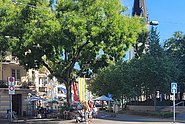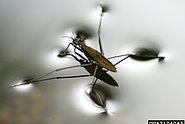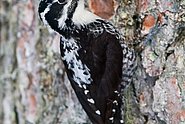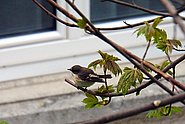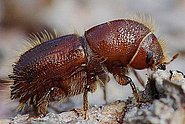Forests are under pressure and going through rapid changes. However, current inventorying and monitoring (IM) programs are often either disjointed, too narrow in their scope and/or do not operate at fine enough temporal resolutions, which may hinder scientific understanding, the timely supply of information, fast decision making, and may result in the sub-optimal use of resources. For these reasons, there is an urgent need for Advanced Forest Inventorying and Monitoring (AIM) programs to (i) achieve expanded relevance (by augmenting data/information across ecosystem properties and trophic levels), (ii) have increased temporal resolution (by tailored data collection frequency), and (iii) make use of technological advances (by incorporating novel tools and technologies). The Advanced Inventorying and Monitoring for Swiss Forests (SwissAIM) initiative was launched in 2020 to address these needs. SwissAIM builds upon the foundation offered by the existing programs (e.g., national forest inventory, long-term forest ecosystem research, biodiversity monitoring). It aims to offer a collaborative and adaptive framework to enable integrated data collection, evaluation, interpretation, analysis, and modeling. Ideally, it will result in a more responsive system with respect to current and predicted biotic/abiotic stressors that will challenge Swiss forests. Developing such a system implies identifying the information needs of different stakeholders (e.g., science, policy, practice), related technical requirements, and governance frameworks. Here, we present (i) the main features of the SwissAIM initiative (vision, scientific questions and variables, governance and engagement), (ii) the main outcomes of the participatory design process (measurements, sampling, and plot design), (iii) the potential transferability of AIM initiatives outside Switzerland (timing, relevance, practicability), and (iv) the key messages that emerged (i.e., need for advancement, integration and transdisciplinarity, statistical underpinning). Since similar needs related to forest inventorying and monitoring are emerging throughout Europe and elsewhere, the objective of this opinion paper is to share our experience and promote a dialog with those interested in developing AIM initiatives in other countries and regions.
See DOISee Institutional Repository DORA



